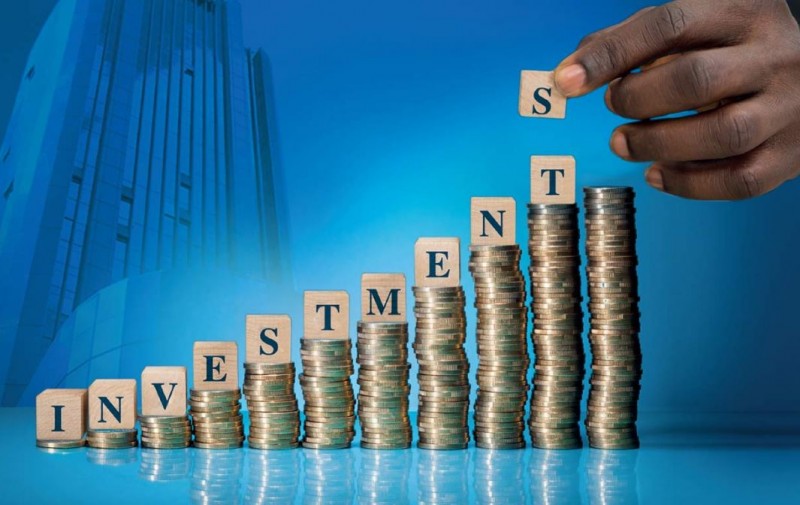
Understanding how fear and greed influence investing is vitally important. While financial professionals would advise setting your emotions aside when investing, this can often prove challenging. Fear and Greed Index provides one such tool that can assist in helping avoid making decisions based on emotions alone. Balancing the emotional aspects of investing can be challenging, but you don't have to navigate it alone. The https://gainator.org/ offers access to experts who can help you connect with the right educational resources.
Fear can prompt investors to make irrational investment choices that go against their long-term plan, which requires understanding its effects in order to remain calm and make sound investment choices.
Fear can produce chemicals in investors that cause their body to release adrenaline, prompting a fight or flight response. Investors may freeze, delaying decisions until more calm heads have spoken or overreact by trading endlessly to try to lock in small gains or avoid losses - either way this fear-driven behavior is costly for their portfolios.
Fear and Greed Index is a sentiment indicator that employs various inputs to measure market emotions. These inputs include ratio of short puts (short positions to sell) to long calls (long positions to buy) as well as safe-haven demand - with any rise in put to call ratio typically signaling investors' increasing anxiety levels.
By tracking the Fear and Greed Index, investors can be prepared to adapt their investment strategy as necessary. A fearful market could offer opportunities to purchase oversold stocks at reduced prices; on the other hand, greedy markets could cause assets to be priced above their purported values.
Greed, on the other hand, refers to investors' unwavering pursuit of quick profits and often leads to asset bubbles when investors pour money into assets with sky-high valuations. When these bubbles burst, causing substantial losses for investors; an iconic example being the dot-com bubble of the 90s and 2000s.
Fear-stricken investors often sell off assets in times of extreme fear, leading to price declines and further compounding them. Other investors often follow suit out of fear, further compounding price decreases. To avoid this cycle of fearful selling offs and market instability, it's crucial to remain rational and objective during market volatility - Warren Buffett and Benjamin Graham recommend evaluating investment ideas without becoming emotionally invested in them.
Fear and Greed Index provides a useful snapshot of market sentiment at any point in time, but it's essential to keep in mind that emotions can quickly shift. For example, extreme fear could signal an opportunity for contrarian investors, while diversification helps lower exposure to risky assets; having a balanced approach is vital when navigating treacherous financial markets.
Behavioral economics is an area of economics that draws heavily upon insights from psychology to study economic decision making and rationality in financial and investment decisions made by individuals.
Key concepts within behavioral economic analysis involve motivation. Psychologists who specialize in this area assume that all commodities have reinforcing values (i.e. their ability to increase wealth or power). Therefore, an individual will purchase commodities at prices at which they can earn and consume them; their consumption rate can then be visualized using demand curves.
Learning is another fundamental principle, where the outcome of behavior is shaped by environmental influences. An individual might associate certain consequences with certain irrational behaviors that could prove damaging in the long run (for instance watching television instead of studying for exams or eating unhealthy food).
Behavioral economists like Thaler and Sunstein hold that humans tend to make myopic decisions that fail to take into account evidence to the contrary. According to them, most individuals resemble Homer Economicus by living for today and disregarding delayed costs or benefits; additionally they overstate the significance of their perspective while paying little heed to how decisions might impact others.
In navigating the twin emotions of investing, fear and greed, it's essential to leverage tools like the Fear and Greed Index to make informed decisions. Understanding the psychological triggers that prompt irrational behavior—whether it's the adrenaline-fueled reactions of fear or the exuberant chase for quick profits driven by greed—can help investors stay grounded. By maintaining a rational and objective approach during market fluctuations, investors can better identify genuine opportunities and avoid the pitfalls of emotional investing.